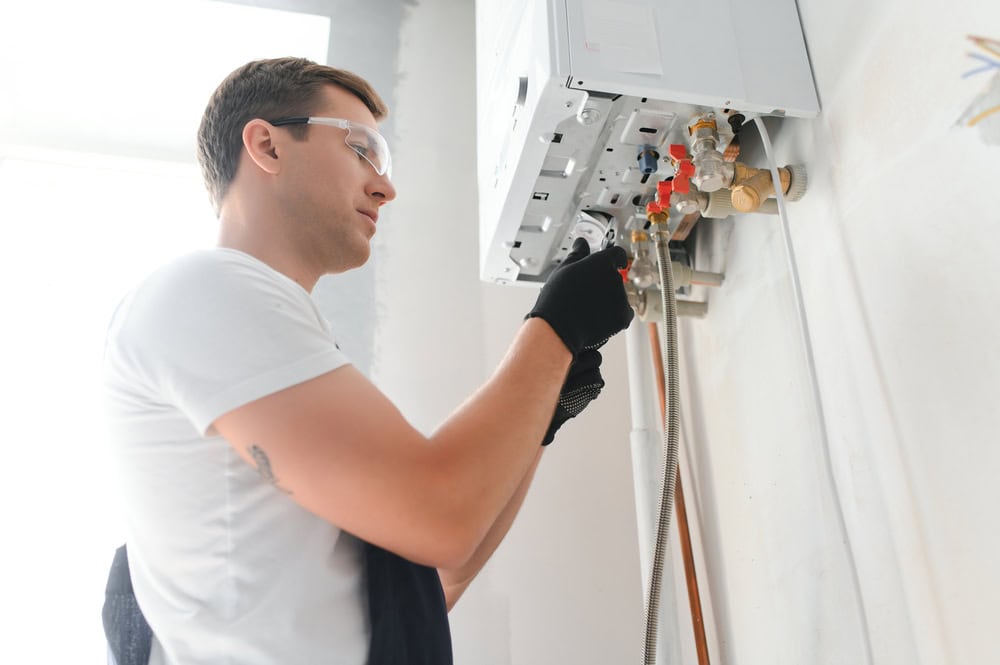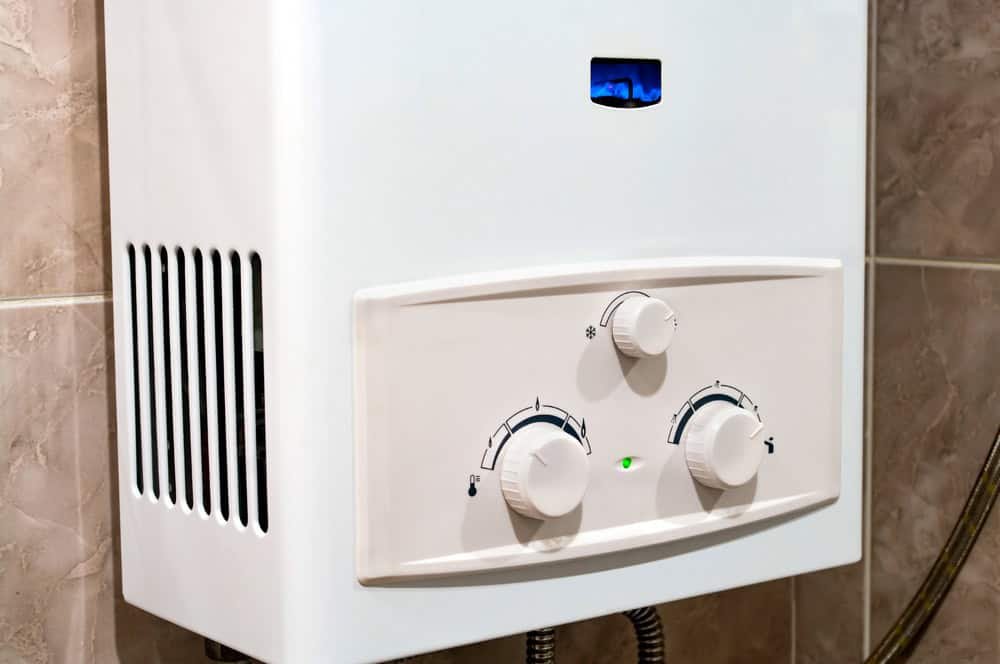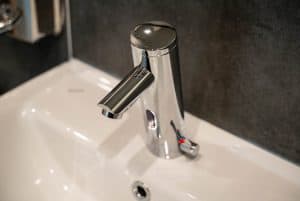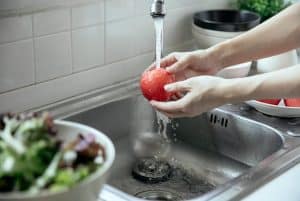Selecting the right water heater can feel overwhelming, especially with the variety of options available. But fear not! This guide breaks down everything you need to know, making the process a whole lot easier.
From understanding types to evaluating energy efficiency, let’s take this step by step.
Types of Water Heaters
Conventional Tank Water Heaters
These are the most common types found in homes. They store a specific amount of hot water in a tank, ready for use. Typically, they come in sizes ranging from 20 to 80 gallons.
While they can provide a steady supply of hot water, they consume energy continuously, keeping water heated even when not in use.
Tankless Water Heaters
Also known as on-demand water heaters, these units heat water directly without the need for a storage tank. When a hot water tap is opened, cold water travels through a pipe into the unit, where it is heated.
This design can save energy since there’s no need to keep a tank warm. However, if multiple taps are used simultaneously, it may struggle to meet demand.
If you’re considering switching to a tankless system, a wichita plumber can help with installation and ensure it meets your household’s needs.
Heat Pump Water Heaters
Using electricity to move heat from one place to another instead of generating heat directly, heat pump water heaters can be highly efficient.
They typically work best in moderate climates and can be more costly upfront, but their energy savings may offset the initial investment over time.
Solar Water Heaters
Harnessing energy from the sun, these systems use solar panels to heat water. They can significantly reduce electricity bills, but they depend on sunlight availability.
Combining solar with a backup system is often recommended to address periods of low sun exposure.
Energy Efficiency Ratings
When it’s time to evaluate energy efficiency, look for the Energy Factor (EF) rating. This figure indicates the unit’s efficiency in converting energy into hot water.
The higher the EF, the more efficient the heater. The U.S. Department of Energy provides guidelines on minimum efficiency standards that can help you compare models effectively.
Comparing Efficiency
Tankless models generally have higher EF ratings compared to traditional tank units. Heat pump systems also score well, making them an appealing option for energy-conscious consumers.
Solar water heaters can vary, so check the specifications for each model.
Size Matters
Choosing the right size for your water heater is critical to ensure comfort and efficiency. For tank models, assess the number of people in your household and their hot water needs.
A standard guideline suggests that a family of four typically requires a 50-gallon tank. Keep in mind that high-demand times, such as mornings, can create a need for larger capacities.
For Tankless Models
Calculate your peak hour demand—this is the maximum amount of hot water you might use simultaneously. Adding up the flow rates of various fixtures can help you determine the right model size.
Often, they come with specific flow rate capacities, such as gallons per minute (GPM).
Fuel Type Considerations
Water heaters can run on different fuel sources, including electricity, natural gas, propane, and even solar energy. The choice often depends on availability, cost, and personal preference.
Electric vs. Gas
Electric models are generally easier to install and maintain, making them a popular choice. However, gas units tend to heat water faster and may be more economical in areas where gas is cheaper than electricity.
Installation and Maintenance

The complexity of installation varies by type. Conventional tank heaters typically require a dedicated space, along with proper ventilation for gas models.
Tankless units may need additional electrical circuits or gas lines. Consulting a professional for installation is often wise to ensure safety and compliance with local codes.
Routine Maintenance
Regular maintenance can prolong your water heater’s lifespan. For tank systems, flushing the tank annually to remove sediment buildup is important.
Tankless models also benefit from descaling to maintain efficiency. Checking pressure relief valves and insulation can prevent future issues.
Cost Considerations
Budget plays a significant role in water heater selection. Initial purchase prices can vary widely based on type and size. While tankless models may have a higher upfront cost, their energy efficiency can lead to savings over time.
Long-term Savings
Evaluate the cost of operation, including energy bills, maintenance, and potential repairs. Investing in a quality system with a good warranty can save you headaches down the line.
Additional Features to Look For
Modern water heaters often come with additional features that can enhance convenience. Some units include smart technology that allows remote monitoring and control via smartphone apps.
Others may have enhanced insulation to maintain temperatures better.
Safety Features
Check for safety features such as automatic shut-off valves and leak detection systems. These can prevent accidents and protect your home from potential water damage.
Environmental Impact
If you’re eco-conscious, consider the environmental impact of your water heater choice. Solar models stand out for their minimal carbon footprint, while high-efficiency gas and electric units also contribute positively.
Look for systems that have received energy star ratings, indicating compliance with energy efficiency guidelines.
Local Regulations and Incentives
Local building codes can affect the type of water heater you can install, especially for gas systems. Familiarize yourself with regulations in your area to ensure compliance.
Many regions also offer incentives or rebates for energy-efficient systems, so check with local utility companies.
Warranty and Customer Support
A good warranty can provide peace of mind. Look for manufacturers that offer extensive warranties on both the tank and the components.
Customer support is equally important; having access to knowledgeable service representatives can simplify troubleshooting and repairs.




